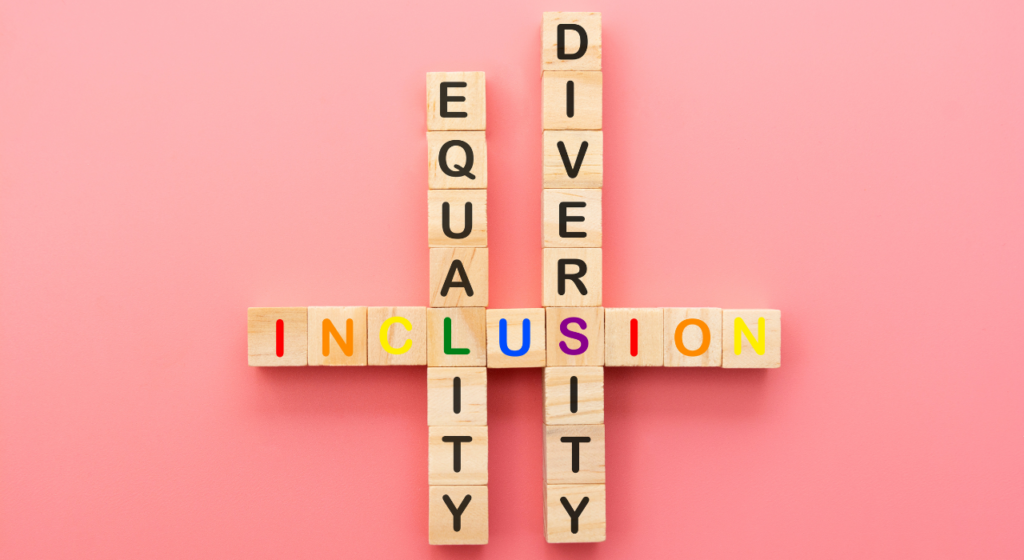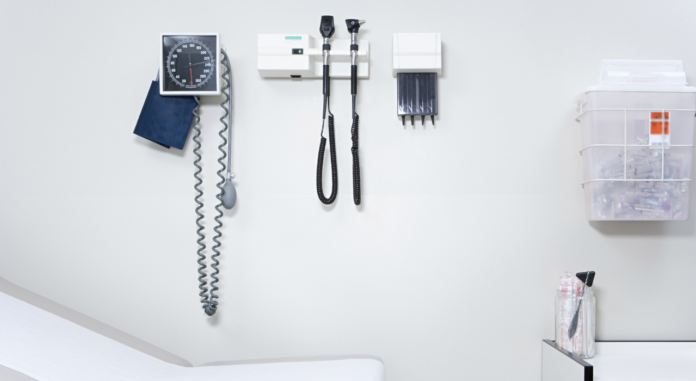It’s sad but true. Some minorities have reported incidents of poor medical care due to discrimination. A recent study shows 47% of people in the LGBTQ community have experienced gaslighting and other challenges when seeking medical care.
The Study
The study was a joint effort launched by Healthgrades, the leading online source for physician and hospital information, and the LGBTQ health equity resource OutCare Health.
Findings revealed that members of the community have faced challenges when seeking medical care. 47% have experienced gaslighting, 18% reported medical trauma, and 10% said they experienced other forms of discrimination.
The organizations believe the study highlights the difficulties the community faces and opens pathways for safer, more equitable medical experiences.
The Consequences of Medical Gaslighting in the LGBTQ Community
Mandi Pratt-Chapman, Ph.D. and associate center director for community outreach, engagement, and equity at the George Washington University Cancer Center was not involved with the study, but she has researched medical care in the LGBTQ community.
She reports that medical gaslighting “is a huge issue for the queer community. If people feel like they have to hide who they are or they will be misgendered or they will have negative encounters, many people choose to not engage with the healthcare system unless they are in extreme need.”
Heather Zayde, LCSW and Brooklyn-based clinical social worker and psychotherapist shed more light on the topic.
“Medical gaslighting occurs when a medical provider… downplays, invalidates, or negates a patient’s concerns about health-related issues. This is, unfortunately, more common when patients are women, people of color, are members of the LGBTQ community, and/or are geriatric patients,” Zayde stated.
“Feeling invalidated or dismissed by a medical professional can cause feelings of hopelessness, worthlessness, depression, and anxiety. If a person deals with these issues frequently, they may give up on advocating for their care which is severely detrimental to one’s health,” she continued.
Mistrust in Healthcare in the LGBTQ Community
Given the results of the study, it’s no surprise that members of the LGBTQ community exhibit a growing mistrust towards medical providers. Only 54% say they trust their primary care providers as compared to 70% of the heterosexual community. Other statistics show:
- 50% of LGBTQ people trust specialists
- 17% trust the United States healthcare system as a whole
- 16% trust pharmaceutical companies
- 15% trust insurance companies
These numbers were much higher among heterosexuals.
What Can LGBTQ Patients Do to Find Trusted Doctors?
Pratt-Chapman suggests solutions for LGBTQ patients who don’t feel comfortable with their providers. She recommends they find another provider if they aren’t getting the support they need on their current plan.
“If you can find an affirming provider, do so. If you have limited options in terms of specialty care, bring a person you can trust with you. Ask about patient advocacy and complaint services- tell a patient advocacy rep about your experience so it can be addressed at a system level,” she states.

Hopefully, the current research will make it easier for LGBTQ community members to find the high-quality care they deserve.


